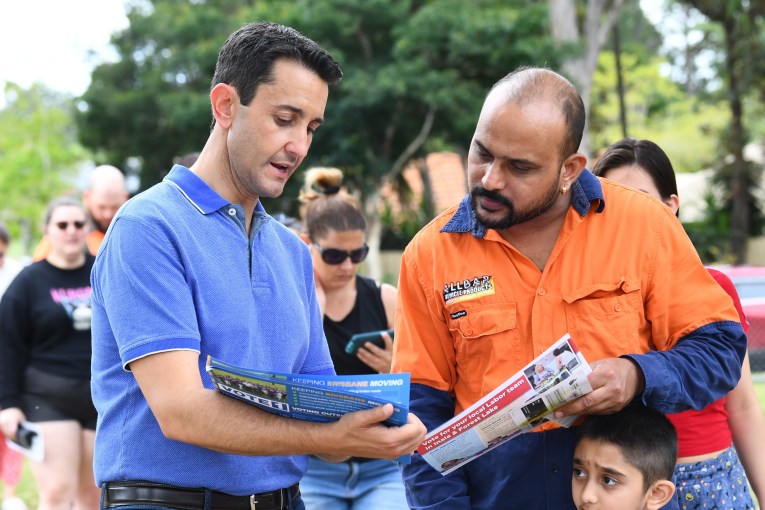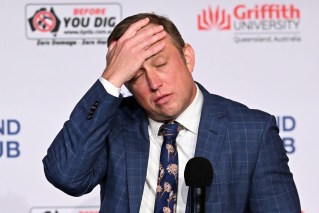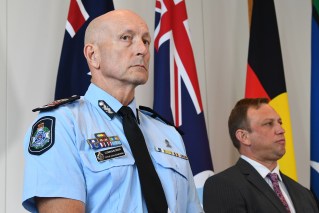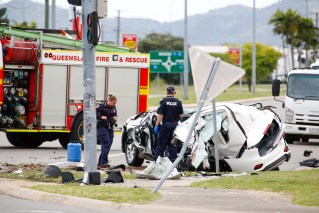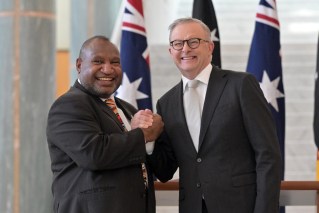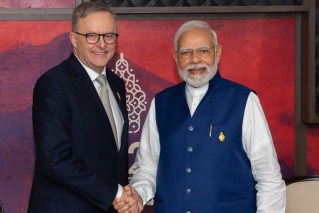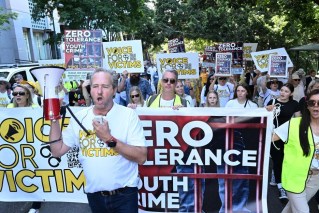Premier attacks cultural cringe: ‘Lucky Country nothing to be ashamed of’
Australia’s resource-based economy should not be a source of shame, South Australia’s premier says.
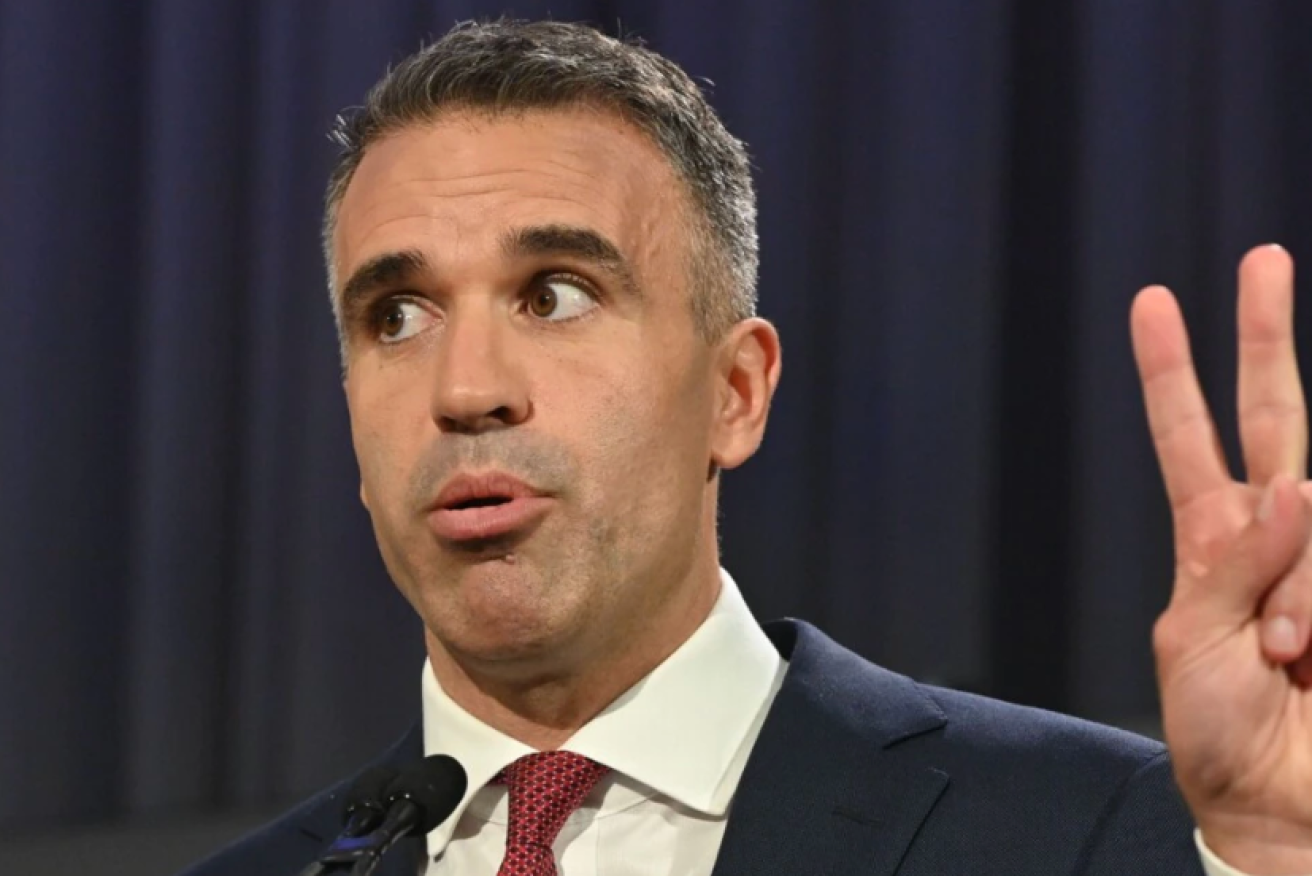
South Australian Premier Peter Malinauskas (AAP image).
The economy has sustained and delivered Australians an “awesome” standard of living, Peter Malinauskas told an investment conference on Friday.
“It should not be a source of shame,” he said.
“But is this the economy that is going to deliver for this generation and the one that follows? That’s the question we have to ask ourselves.”
South Australia intends to wrest leadership of the emerging hydrogen industry off Queensland, is building high-tech space and quantum expertise, and hopes to support the development of nuclear submarines.
Australia currently has a deeply uncomplicated economy, as measured through its top exports of coal, gas and iron ore.
“So much of our natural wealth is dependent upon so few things, with no guarantees that there’s to be demand for them again in the future,” he said.
At the same time, Australia has been going backwards for more than a decade on world rankings for reading, maths and science.
“We’ve got some kids shooting the lights out and doing better and better and better, but we’ve got a significant cohort of kids who are actually going backwards and that’s what’s dragging the cohort down,” he said.
“We have to get more economically complex.”
He acknowledged there are mixed views on the future of hydrogen but said there was the same mood around going solar, building big batteries or around the economics of liquefied natural gas 30-odd years ago.
“What is hard to dispute is that hydrogen production and use will be a central component of the decarbonisation needed globally,” he said.
“The economic opportunity is profound … it could see South Australia being part of a superpower effort to decarbonise the world.”
The South Australian government has committed $593 million to a hydrogen production facility and power plant that will be the world’s largest and will be built by early 2026.
The level of interest from the private sector so far was “nothing short of exceptionally exciting”, he said.
“No one has done this before.”
To secure the state’s clean power supply, the project targets delivery of 250 megawatts of electricity input of electrolyser capacity, 200MW of hydrogen-fuelled power generation and hydrogen storage.
“The political leadership coming on top of our natural advantage will make Australia the superpower of the zero-carbon world economy,” leading climate economist Ross Garnaut told the conference.
He said the recently passed US laws that support new energy development would be very important in accelerating the decarbonisation of North America, not necessarily elsewhere.
“The subsidies involved are mind-blowing – something like $US3 per kilogram of hydrogen,” Prof Garnaut said.
“But the US is not going to keep those hundreds of billions of dollars of subsidies going to subsidise decarbonisation in China or Germany.”
Instead, South Australia could play an important role, particularly in the Upper Spencer Gulf, where it could draw on communities with an industrial culture and a legacy of infrastructure and skills to process the key minerals needed for electric cars, wind turbines and industrial change.
New technology being developed to process green steel would also make South Australia’s lower grade iron ore more valuable, he said.
